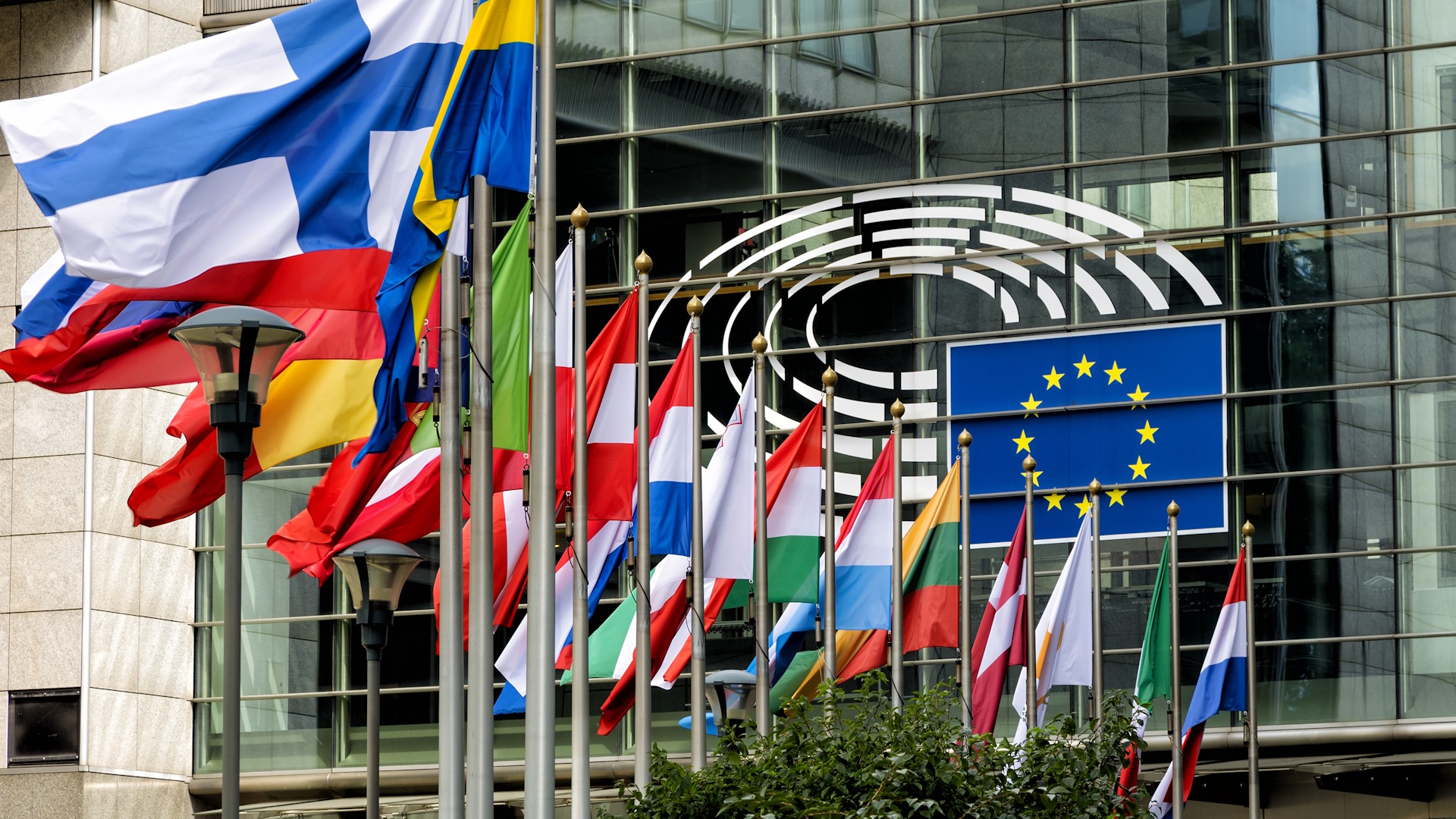On May 21, 2025, the European Commission published its Single Market Strategy titled “Our European Home Market in an Uncertain World”. It outlines plans to strengthen the Single Market by focusing on simplification, digital integration, SME support, and better enforcement of existing rules.
E-Invoicing as a Cornerstone
As part of its digitalisation and simplification pillar, the Commission positions e-invoicing as a key instrument. To tackle the limited adoption of e-invoicing, the strategy proposes multiple measures:
- Revision of the EU e-invoicing Directive into a directly applicable Regulation (while a Directive only sets goals and requires each EU Member State to implement it) and mandatory use of the standard in public procurement (Q4 2026)
- Commission recommendation for all accounting software to natively support e-invoicing
- Pilot projects reusing invoice data for sustainability reporting and customs
The strategy aims to enhance competitiveness and interoperability, reduce administrative burdens (especially for SMEs), and mark a shift towards a data-driven Single Market, as highlighted in the European Commission’s latest e-invoicing newsletter.
Complementing ViDA and EN 16931 Revision
The strategy complements the recently adopted VAT in the Digital Age (ViDA) package, which among others introduces mandatory cross-border e-invoicing and near real-time VAT reporting across the EU. The strategy underlines and further pushes ViDA.
The European standard for e-invoices EN16931 is currently being revised, with the updated version expected in the coming months. It will introduce several enhancements to support complex VAT scenarios, align with ViDA requirements, and address the growing number of specifications and demands related to B2B transactions.
We recently published an interview of CEN TC 434, the technical committee behind the EN 16931 and its revision, where you can learn more about the latest developments of the norm and how it plans to address some common B2B scenarios.
Together, the revised EN 16931 standard, the recently adopted ViDA package, and the new Single Market Strategy establish e-invoicing as a cornerstone of the EU’s digitalisation and standardisation agenda.




